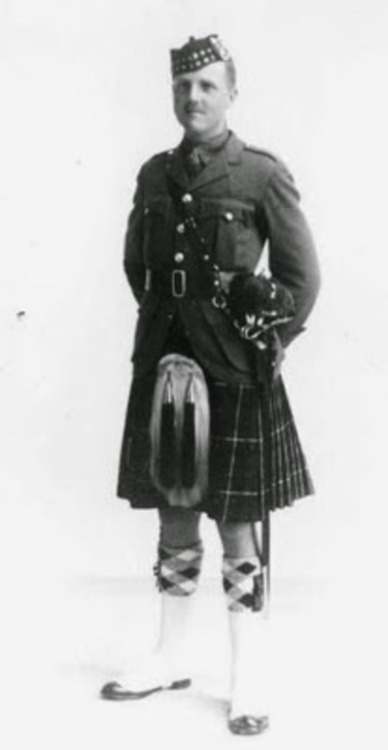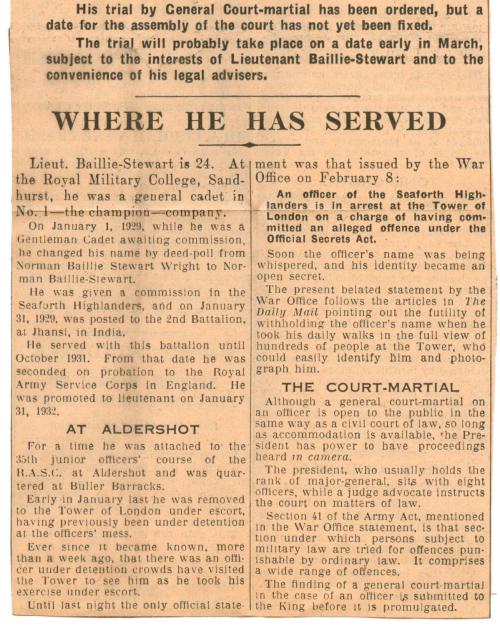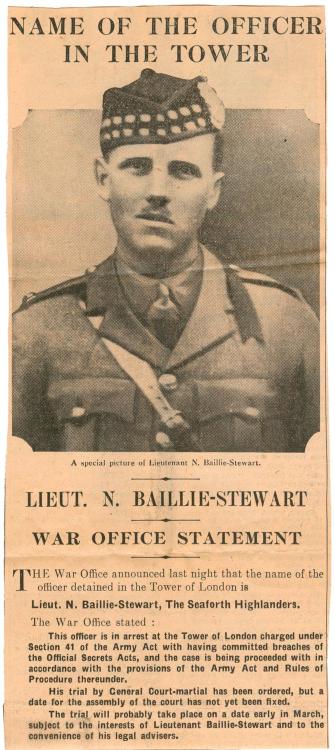On May 10th 1949 Norman Baillie-Stewart, Scottish soldier and Nazi collaborator, was released from p
On May 10th 1949 Norman Baillie-Stewart, Scottish soldier and Nazi collaborator, was released from prison. Although born in London, Baillie-Stewart was from Scottish stock, he changed his name from Wright to Stewart in a nod to his heritage, and he thought it was more in keeping with his sense of where he mistakenly thought he stood amongst his fellow soldiers. Baillie-Stewart had graduated from the prestigious military college, Sandhurst, and gained a commission in the equally famous, Seaforth Highlanders. However, military life became quickly not to his liking. With his heightened sensitivity regarding social class status, he became distraught by the snobbishness of his regiment’s officers.It was this unhappiness, along with an obsession with a German girl in 1931, which led him to offer military secrets, which were very trivial, to Germany. Germany alerted the British Government, and they soon put Baillie-Stewart under arrest. After trial, he was sentenced a short prison term in the Tower of London, one of the last, or the last person to serve a prison sentence in the London landmark. He perceived he had received unfair treatment on release from prison in 1937 was a very bitter man. He travelled to Austria, where he promoted the union of that country with Germany. Anti-Nazi Austrians upset with a foreigner’s meddling in their political affairs, eventually had him deported, and he next went to Germany, desiring to become a German citizen. To prove his loyalty, he began serving as a broadcaster on a radio station, which employed non-Germans as pro-German media mouthpieces. Management however quickly found him not as enthusiastically Nazi as others and he was soon sacked, being replaced by the more famous Lord Haw-Haw, William Joyce.After the war, the authorities viewed Baillie-Stewart more as a nuisance than as a menace. Compared to other traitors, there was less evidence to convict him of treason, he was however eventually tried for the lesser charge of “committing an act likely to assist the enemy”. He was found guilty and sentenced to five years’ imprisonment.On release he ended up spending the rest of his life with a changed name in obscurity in Ireland. There’s a bit more about him here https://blog.twmuseums.org.uk/the-tank-and-the-officer-in-the-tower/ -- source link
Tumblr Blog : scotianostra.tumblr.com
#scotland#scottish#anglo-scottish#soldier#collaborator#history



